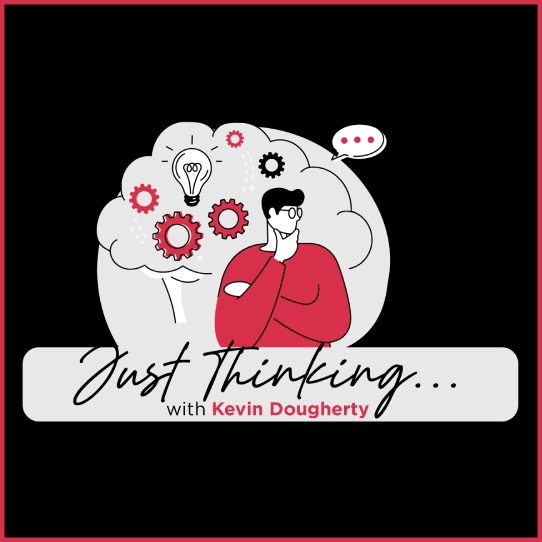The Future of Education Technology Relies on Responsible Technology Use
Education technology is currently at a critical standpoint. While schools are increasingly integrating digital tools into learning, there’s also a growing awareness highlighting the amount of screen time students are exposed to with a possible solution of removing technology from classrooms. Per a 2022 study by JAMA Network, the COVID-19 pandemic further exacerbated the time that school-aged children spent on screen time and it increases every year. But are bans and restrictions the answer, should there be a revamping on teaching students how to use technology responsibly and creatively?
These questions are tackled in this episode of Just Thinking… with Kevin Dougherty. Host Kevin Dougherty, Chief Strategy Officer at 806 Technologies, spoke with Dr. Karla Burkholder, deputy director of Texas Education Technology Leaders and a veteran in the education technology space. Together, they discussed the role of technology in modern learning, the pushback against classroom tech, and the need to equip students with critical digital literacy skills.
A few key points from the episode covered:
- How digital literacy is now a fundamental skill alongside math, science, and other subjects because students engage with technology a lot.
- A case for why banning technology isn’t the solution and instead educators should focus on teaching students how to use it responsibly.
- As AI and automation reshape many industries and the general workforce, problem-solving, discernment, and digital creativity should be prioritized.
Dr. Karla Burkholder is the deputy director of Texas Education Technology Leaders. She has dedicated her career to advancing education through technology. Burkholder started as a business education teacher in Plano ISD in 1984 before moving into instructional technology leadership. She has witnessed the evolution of classroom tech having had many decades of experience, from floppy disks to cloud computing and AI. She has a lot of experience in digital transformation and instructional strategy.
Article by Alexandra Simon.




